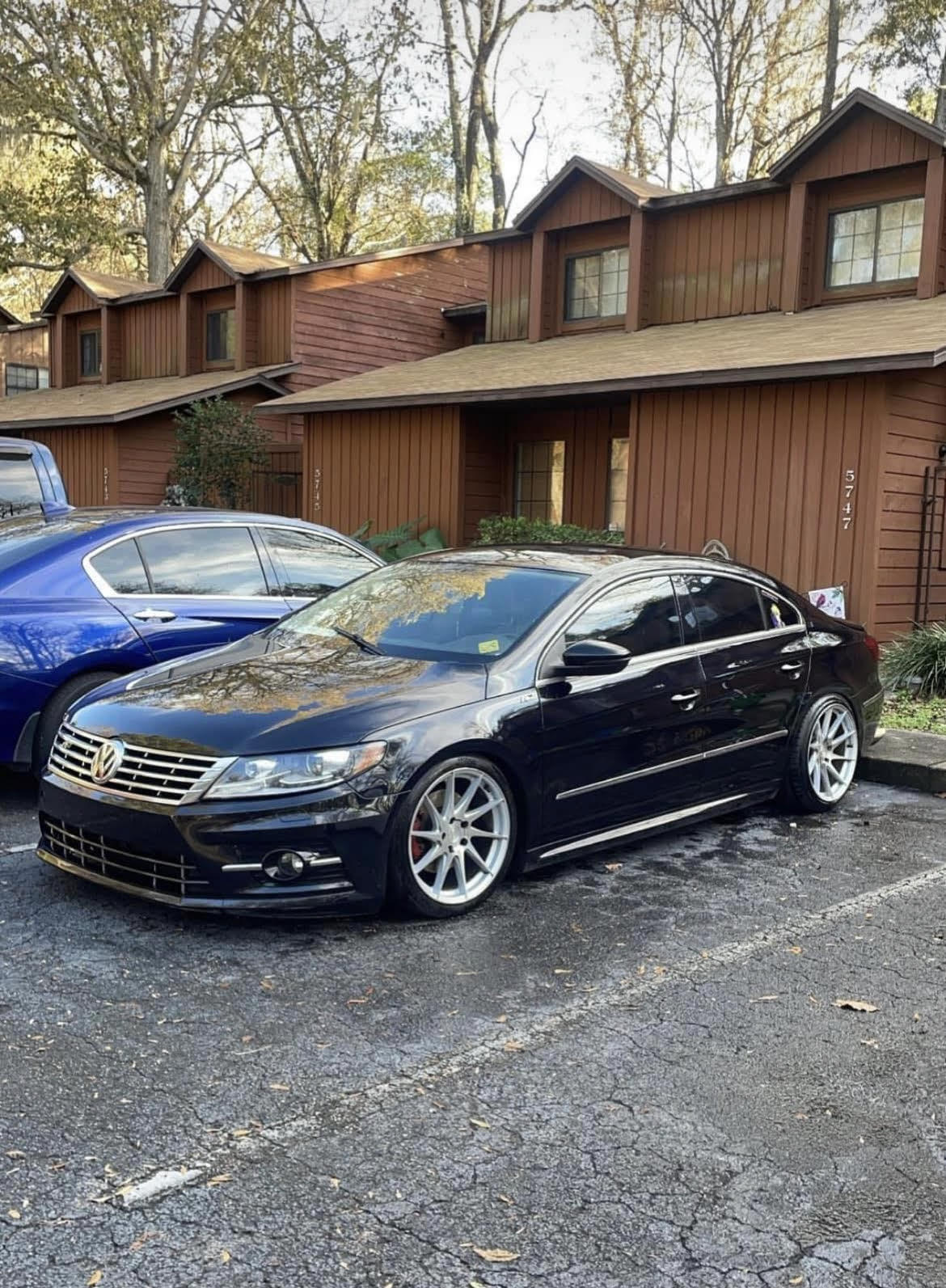TLDR
Chapter 1
Jarek, a humble young adventurer, descends into the perilous diamond mines between Charkia and Pyrgos — a path feared for its dangers and the legendary guardian beast, Triarchus. Seeking only enough to live modestly, he ventures deep where others driven by greed have vanished. There, he encounters the awe-inspiring three-headed creature: lion, eagle, and wolf. Facing its judgment, Jarek offers food and honesty instead of fear or deception. Moved by his sincerity, Triarchus communicates telepathically, suggesting that Jarek may have earned its cautious respect.
Chapter 2
Jarek undergoes three perilous trials from Triarchus’s heads — lion, eagle, and wolf — each testing a core virtue.
The lion tests bravery and integrity, sending Jarek through a collapsing labyrinth laced with deadly traps meant to lure the greedy. He survives by resisting temptation and staying focused on survival over wealth.
The eagle tests strategy and foresight, presenting a deadly logic puzzle involving three symbols and floating platforms over an abyss. Jarek solves the riddle step by step, narrowly avoiding fatal errors.
The wolf tests loyalty and leadership. Jarek must guide a group of lost villagers through a shadow-infested cavern, using only a weak torch and his quick thinking to protect them from twisted remnants of failed challengers.
Through courage, intellect, and selfless leadership, Jarek earns the silent respect of Triarchus and proves himself worthy.
Chapter 3
Having passed Triarchus’s trials of bravery, wisdom, and loyalty, Jarek earns the mythical beast’s trust. Each of Triarchus’s heads reveals a powerful secret: a hidden path, a safe resource vein, and a secure storage chamber. These gifts allow Jarek to avoid danger and thrive without greed.
Recognized across the island for his courage and integrity, Jarek becomes a respected leader. He founds Corporation, a legacy-driven organization built on the core virtues of Triarchus. Passed down through generations, Jarek’s wisdom and the beast’s teachings continue to guide and protect the island, with Corporation standing as a symbol of ethical strength, unity, and lasting vision.




 1
1
 1
1
 1
1













